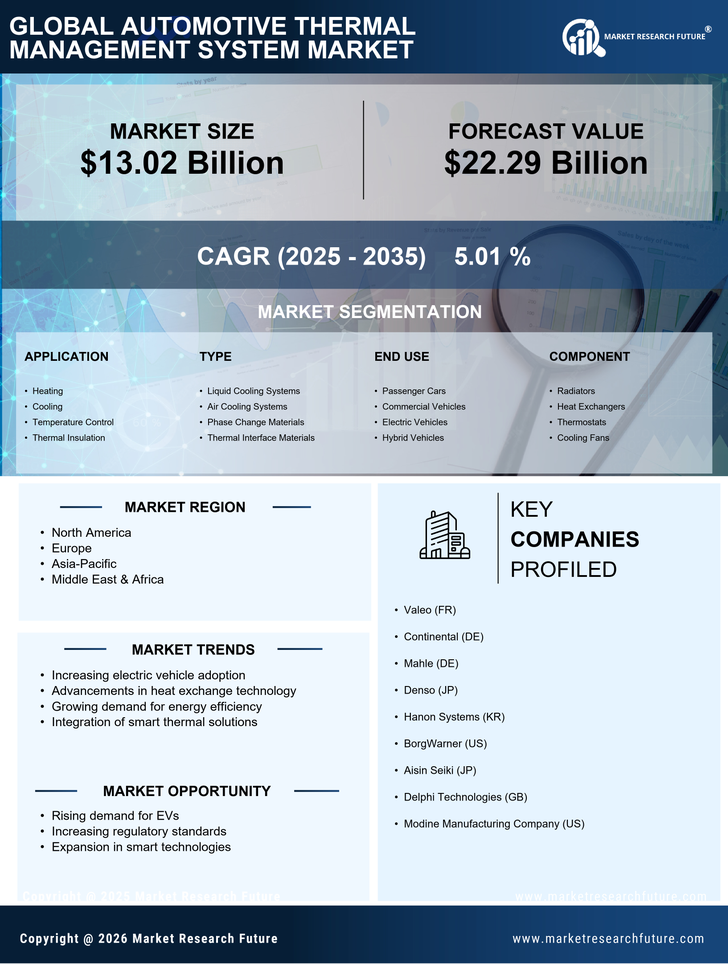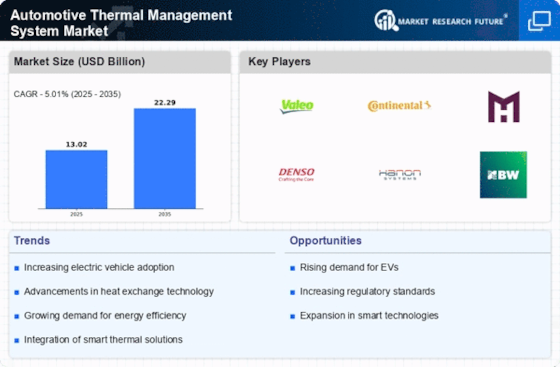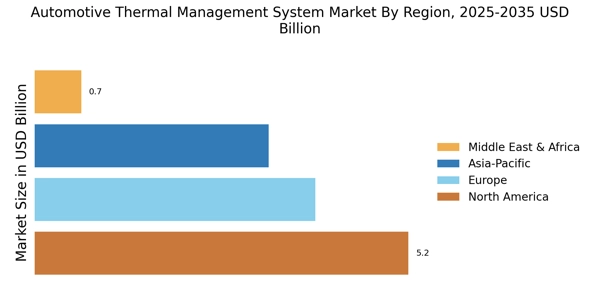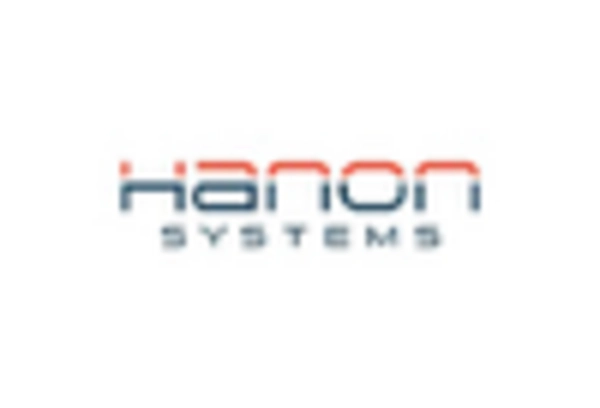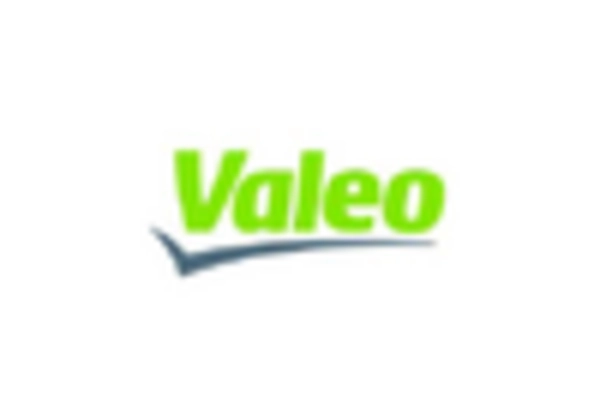Research Methodology on Automotive Thermal Management System Market
A comprehensive research methodology is designed to identify the factors which are having an impact on the growth of the Automotive Thermal Management System Market. To understand the market better, thorough market segmentation has taken place to configure the global market. Different levels of statistical studies are conducted to identify the cause and effect of the market. The research methodology used to conduct the study and to analyze the data gathered is secondary research, primary research, and Expert Panel Review.
The secondary research is conducted to understand the fundamental aspects of the Automotive Thermal Management System market. Documents available in the public domain such as company annual reports, World Bank databases and financial statements, factsheets, industry statements, and press releases were used to gain a basic understanding of the market.
The primary research is conducted to identify the current market trends and developments, challenges faced by the Automotive Thermal Management System market, unmet customer needs, and upcoming opportunities. The target population of the study included key industry participants such as automotive OEMs, Tier-1 suppliers, and Automotive Thermal Management System suppliers. The sample size included 450 participants across different regions. The data collected included primary responses from the respondents to understand their opinion on the development, challenges and trends in the Automotive Thermal Management System market.
Expert Panel Review was conducted to gain insights from experts. This additional feedback supports the primary research data. The panel of experts include conventional business practitioners, industry experts, and potential customers. The panel of experts provided their professional thoughts and insights on the Automotive Thermal Management System market. Their opinion is used to validate the findings of the primary research.
The data collected from both primary and secondary research is verified and validated by the Expert Panel Review. This data is then organized and structured to generate the Automotive Thermal Management System market report. Both qualitative and quantitative analyses are done to gain a deep understanding of the market. The data is further collected and structured in the form of graphical representations, tables, and charts. This helps to track and monitor the pattern changes in the market’s growth. The data is further used to formulate the market’s growth projections for the Automotive Thermal Management System market.
The research methodology helps to gain insights into the Automotive Thermal Management System market. The research methodology adopted helps in understanding the market dynamics and providing the basis for decision-making. It also helps to identify the factors influencing the market’s growth. The research methodology helps to provide the necessary information for understanding the market’s growth and analyzing the dynamics of the Automotive Thermal Management System market.
